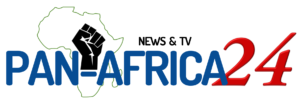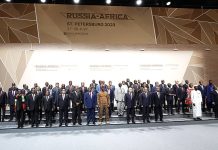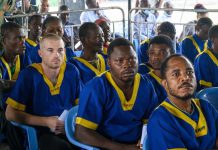Reaganomics and Thatcherism or East Asian model (sometimes known as state-sponsored capitalism) – which is best for Africa? What lessons could be learnt from both concepts for Africa’s development?
Watch some insights from former Ethiopian Prime Minister late Meles Zenawi Asres at the 2012 World Economic Forum.
However, Many African countries today are poor and in debt partly due to the policies of the 1980s and 90s #Reaganomics and #Thacherism, and advanced by international institutions such as the International Monetary Fund (IMF) and the World Bank. Their programs have been heavily criticized for many years for resulting in poverty and increased dependency on the richer nations.
The IMF and World Bank’s claimed that they will reduce poverty, following an ideology known as neoliberalism, and spearheaded by these and other institutions known as the “Washington Consensus”, Structural Adjustment Policies (SAPs) have been imposed to ensure debt repayment and economic restructuring. But the way it has happened has required poor countries to reduce spending on things like health, education and development, while debt repayment and other economic policies have been made the priority. In effect, the IMF and World Bank have demanded that poor nations lower the standard of living of their people.
The IMF and World Bank provided financial assistance to countries seeking it, but must apply a neoliberal economic ideology or agenda as a precondition to receiving the money. For example:
* They prescribe cutbacks, “liberalization” of the economy and resource extraction/export-oriented open markets as part of their structural adjustment.
* The role of the state is minimized.
* Privatization is encouraged as well as reduced protection of domestic industries.
* Other adjustment policies also include currency devaluation, increased interest rates, “flexibility” of the labor market, and the elimination of subsidies such as food subsidies.
* To be attractive to foreign investors various regulations and standards are reduced or removed.


































